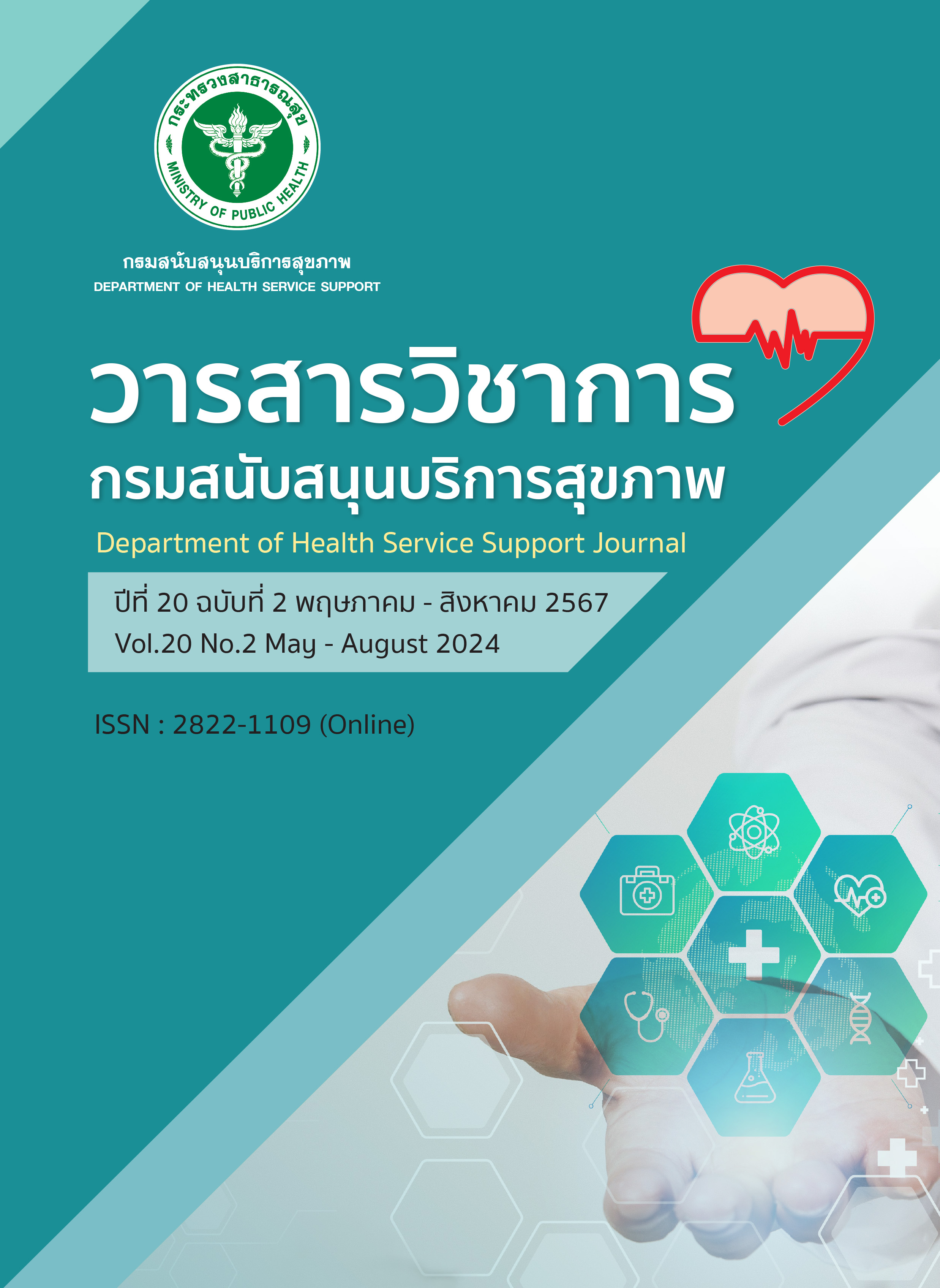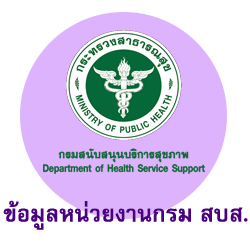FACTORS FOR SUCCESSFUL OPERATIONS FOR DIABETIC FOR DIABETIC PATIENTS ENTERING REMISSION “DIABETES REMISSION”
Abstract
This study aims to extract lessons from operational guidelines for diabetic patients entering the remission phase, known as "Diabetes Remission." The research is based on the examination of documents and insights gathered from presentations of operational outcomes and in-depth interviews conducted at three locations: Bang Rakam Hospital in Phitsanulok Province, Phimai Provincial Health Office in Nakhon Ratchasima Province, and Ban Ta Khun Hospital in Surat Thani Province. Each location includes hospital administrators, service providers/developers such as doctors, nurses, pharmacists, nutritionists, public health academics, co-operators (village volunteers/village leaders and other networks), and service recipients (diabetes patients). The objective is to provide medical personnel with operational guidelines for diabetic patients entering remission, ensuring comprehensive and systematic care for patients with type 2 diabetes. This approach aims to lead to the development of standardized and contextually appropriate patient care practices throughout the country. The expected benefits include an improved quality of life for patients, diabetes remission, reduced treatment costs, and decreased morbidity and mortality rates.
From the study, it is evident that all three locations adhere to operational principles based on the concept of the "6 Building Blocks," which include services, personnel, health information systems, medicine and medical supplies, health finance systems, and leadership and good governance. Content analysis was conducted to categorize data using logic and interpretation of the content from narratives, linking the relevance of the data. Success factors are divided into two aspects: the process side, which involves analyzing data for each patient receiving services and categorizing them into groups to select interventions that facilitate patients' quick entry into remission. This includes designing effective communication and motivation strategies, emphasizing soft skills-intensive care, using BMI values and medication history to determine treatment goals, planning self-monitoring and follow-up through SMBG, and encouraging patients to record information through a suitable platform. Additionally, efforts are made to identify prototype patients who can achieve remission status and enhance the quality of Non-Communicable Disease (NCD) Clinics by adapting treatment models to suit individual patients. This is supervised by multidisciplinary teams, offering advice on individual cases, and includes the design of supporting factors in the community, such as the availability of health products or exercise spaces. The service system is continuously reviewed and developed. Factors for success in management include having clear goals, aligning towards the same target, adopting a patient-centered approach, and promoting teamwork (Team Work), using technology in development, engaging network partners in active participation, and implementing continuous monitoring of the plan
Downloads
Published
How to Cite
Issue
Section
License
Copyright (c) 2024 Department of Health Service Support

This work is licensed under a Creative Commons Attribution-NonCommercial-NoDerivatives 4.0 International License.



